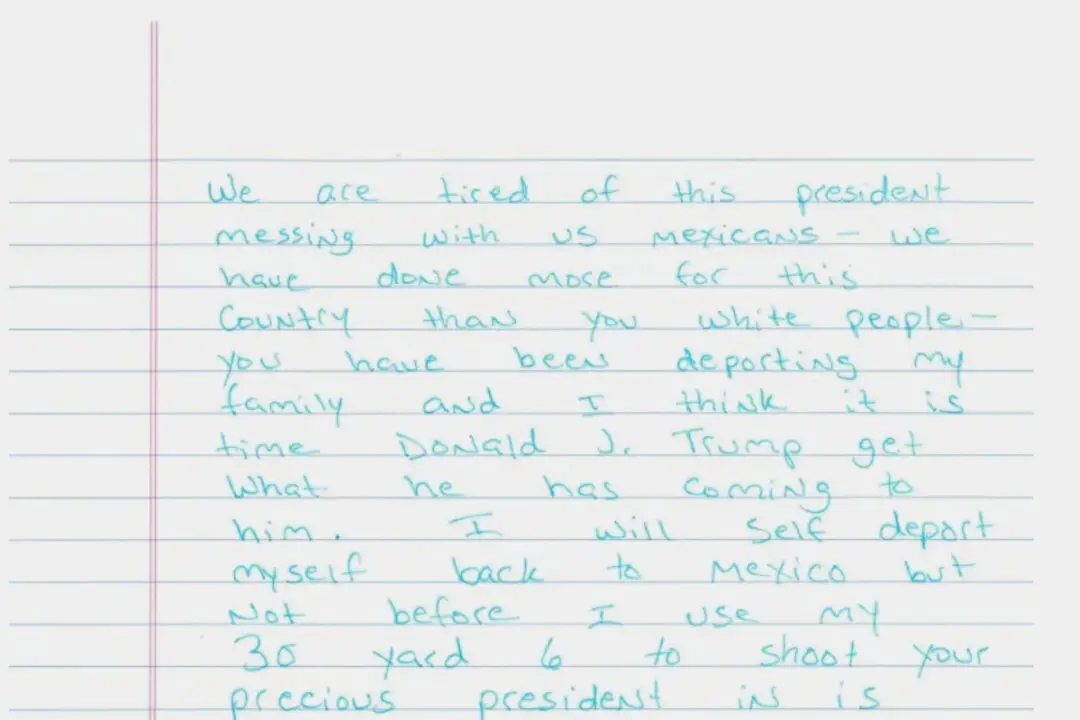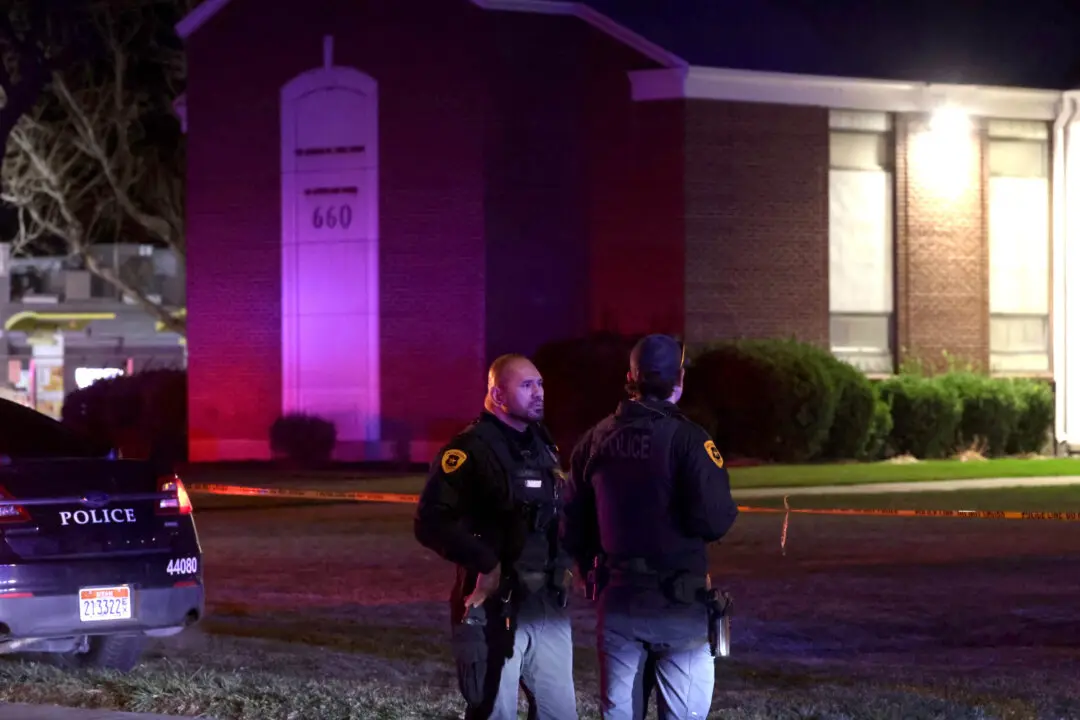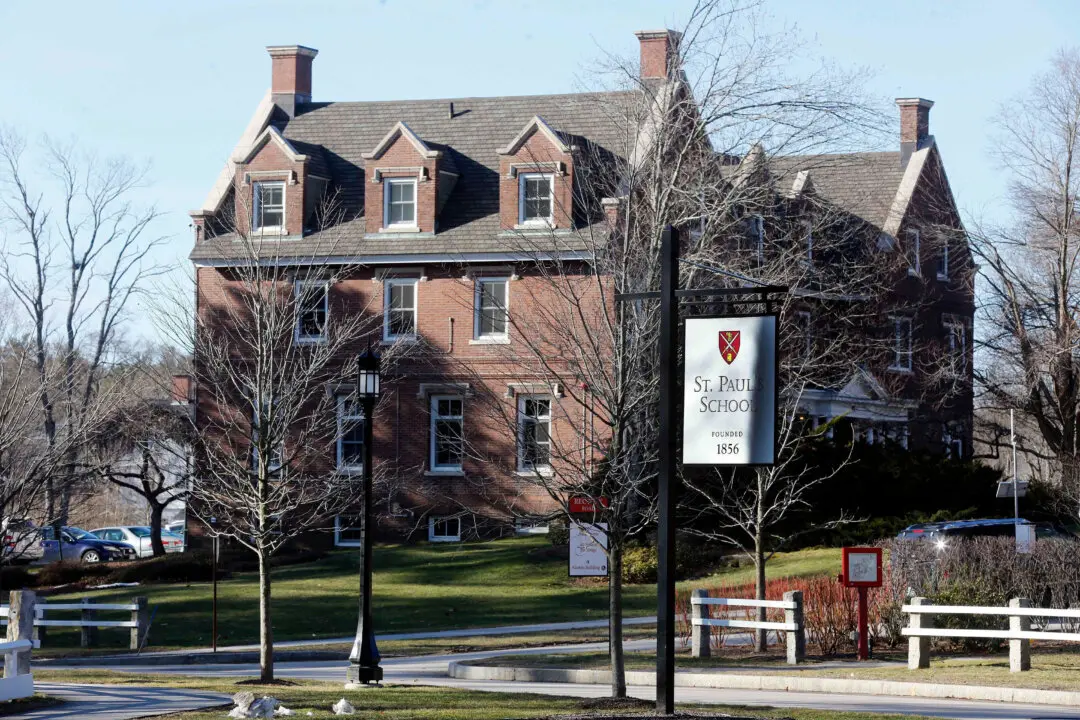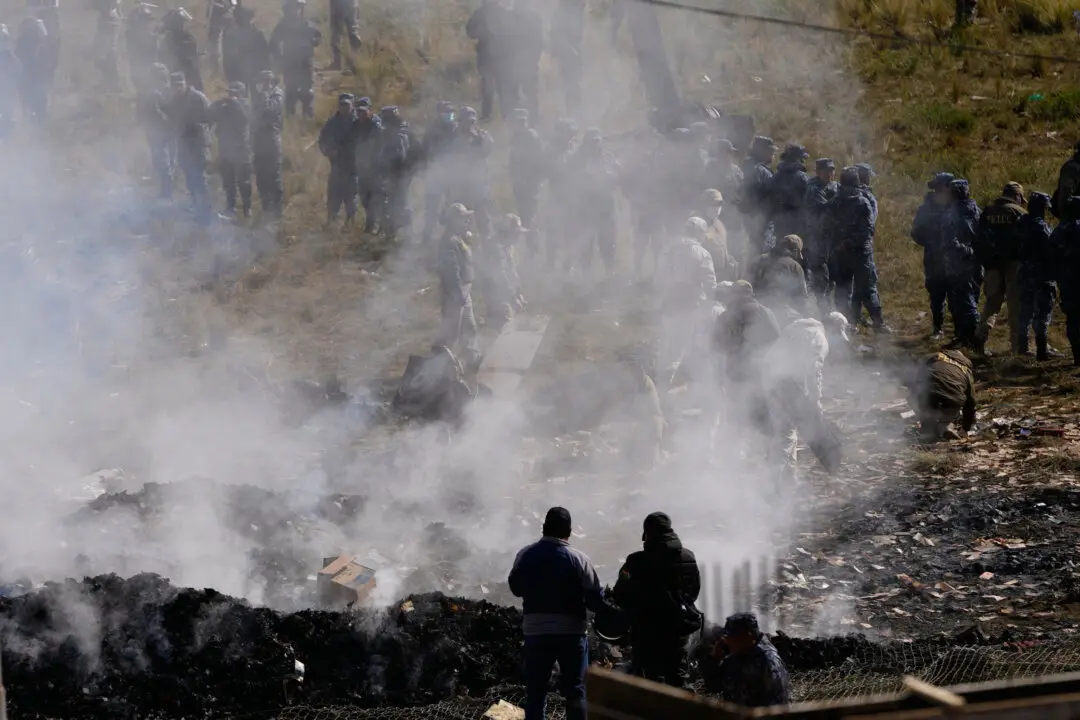ABIDJAN, Ivory Coast—Security forces in Ivory Coast dispersed opposition supporters with tear gas as protesters erected barricades in another part of Abidjan on Nov. 3 after President Alassane Ouattara was declared the winner of a controversial third term.
Police disrupted a news conference by opposition leaders with international journalists in the afternoon of Nov. 3. After ordering people to leave, the forces fired tear gas in the streets surrounding the press conference.





